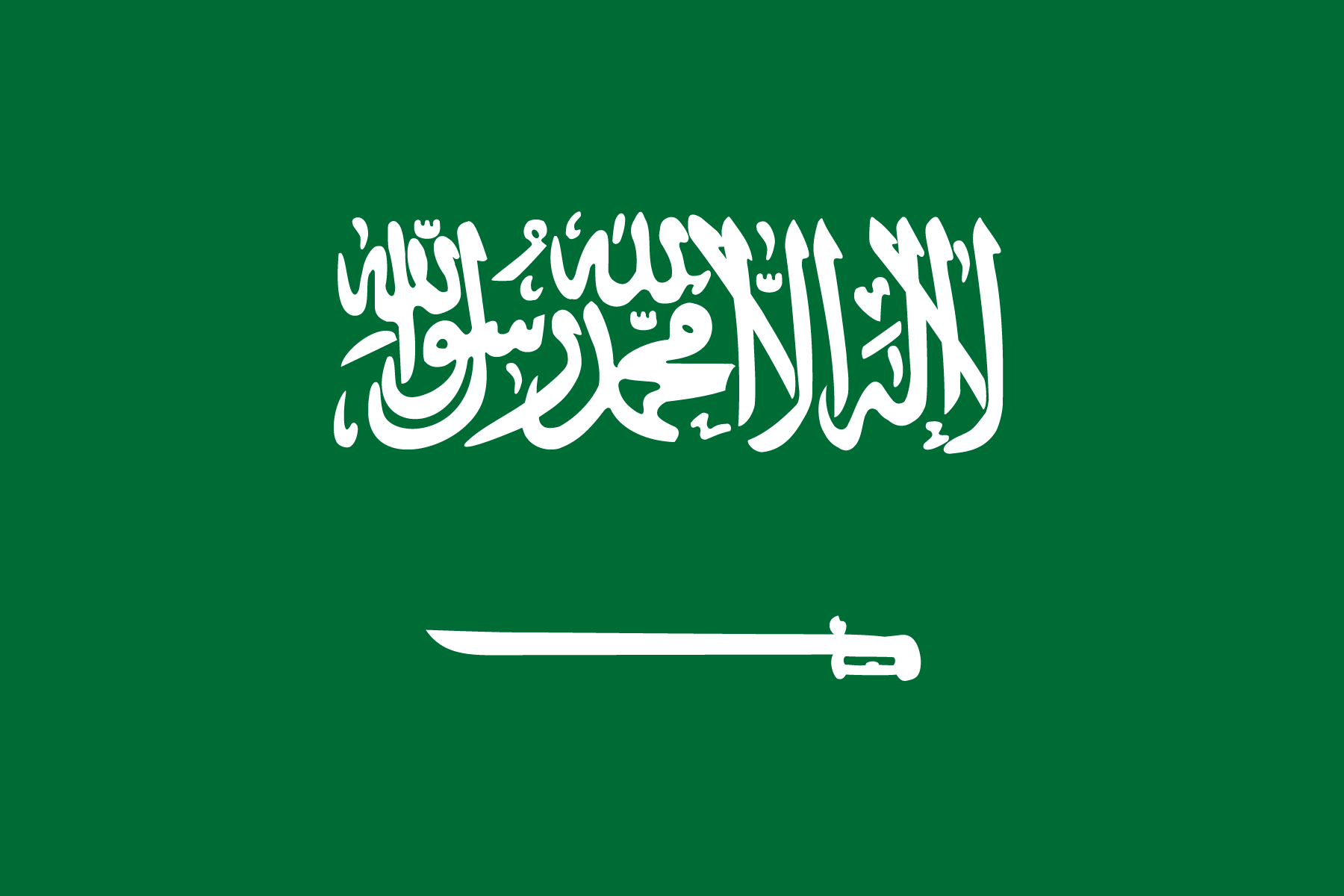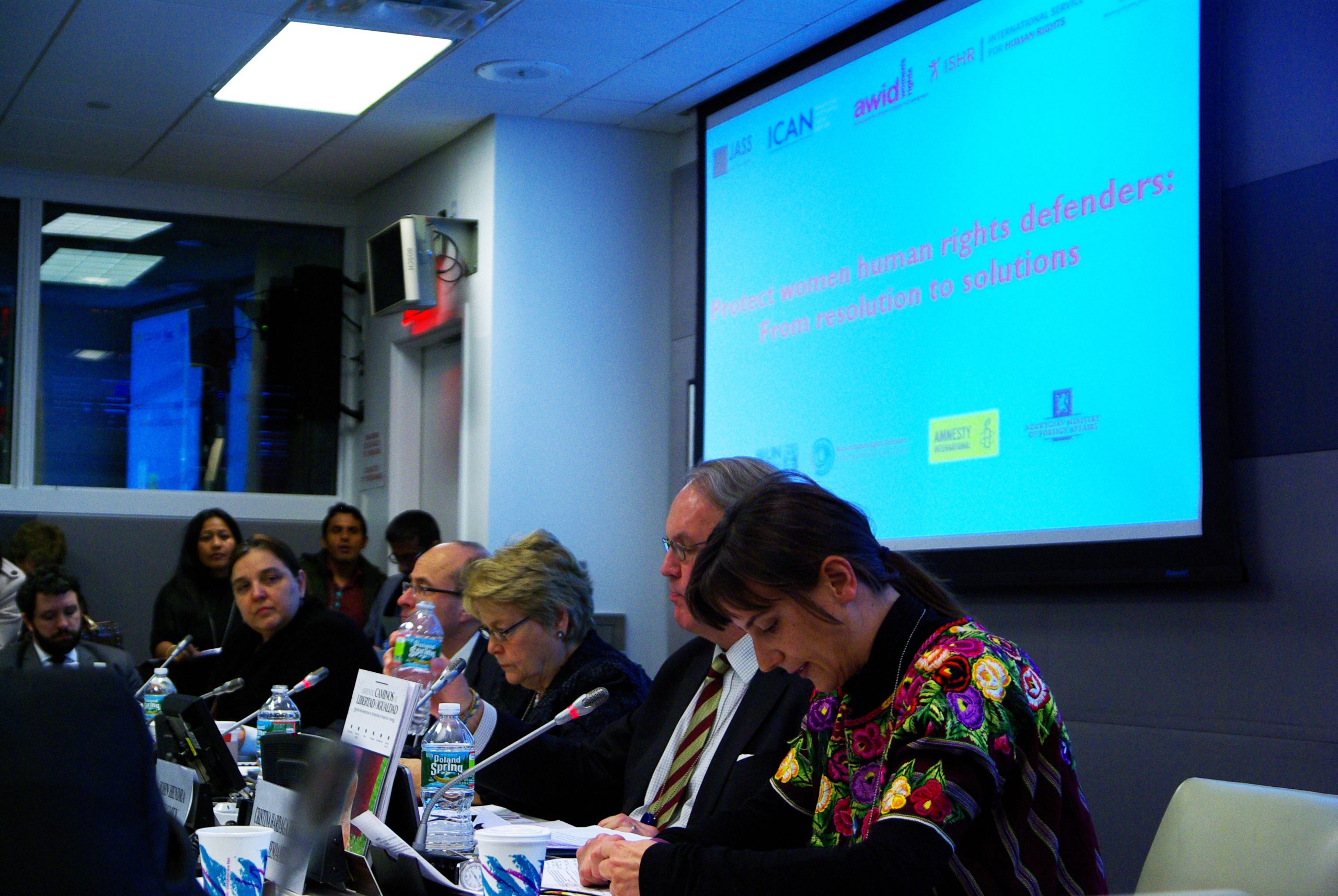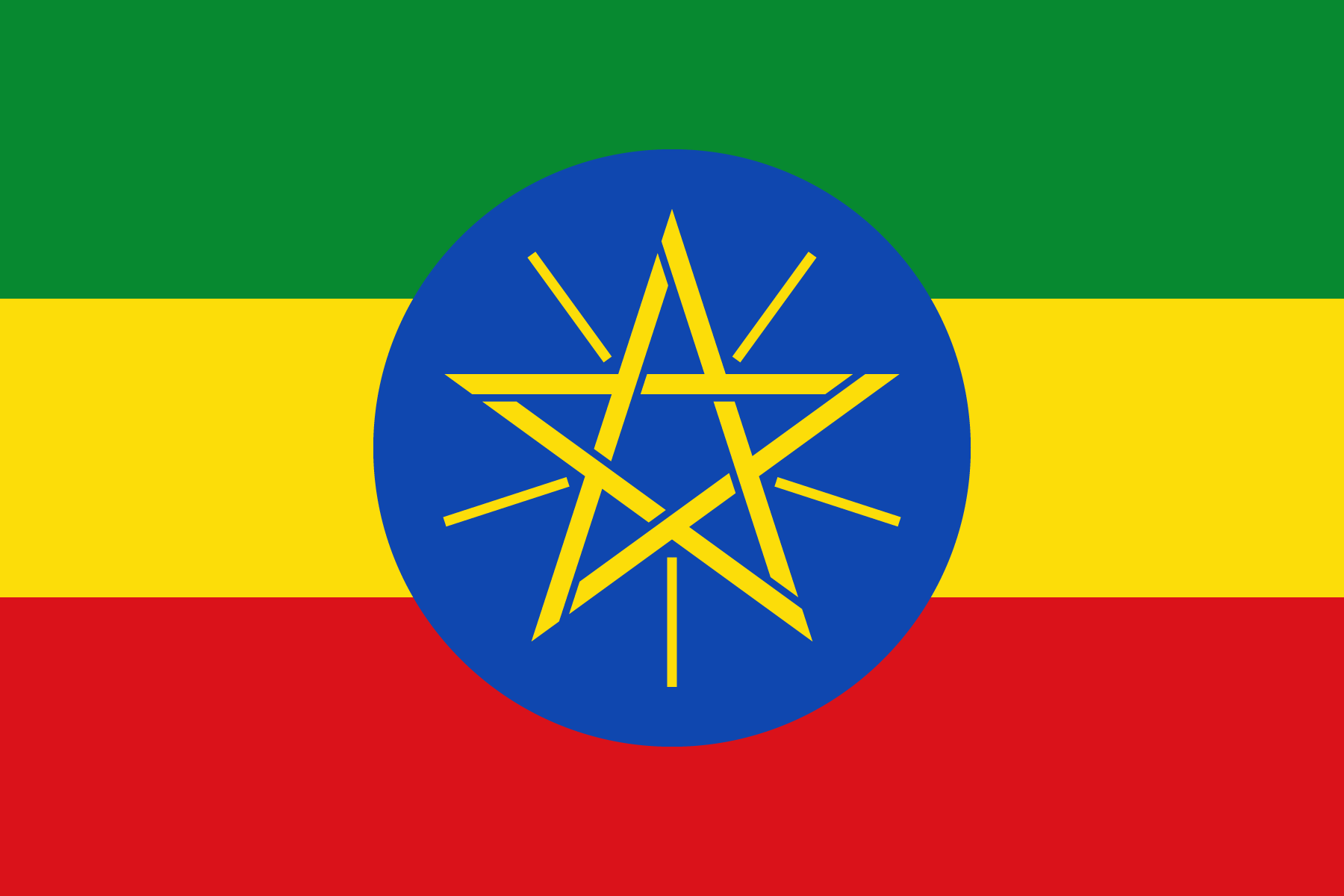(New York) – “States and United Nations entities must take concrete steps to protect and support Women Human Rights Defenders,” said panellists at a high-level UN event on Monday 13 March. The event – “Protect Women Human Rights Defenders: from resolution to solutions” – took place on the opening day of the 58th session of the UN Commission on the Status of Women (CSW).
Opening the event, Hans Brattskar, Deputy Foreign Minister of Norway, stressed States’ obligations to protect Women Human Rights Defenders, drawing attention to the recent resolution on the subject by the UN General Assembly: “While States may not always agree with the views of Women Human Rights Defenders, they must protect their rights. Through the GA resolution, States have made important commitments in that regard,” he said.
The moderator of the event, Charlotte Bunch, leading scholar on women’s human rights and a Board Member of the Association for Women’s Rights in Development (AWID), added that “the resolution adopted by the GA in December last year is a crucial implementation tool in that it provides a roadmap for States to put in place gender-specific policies and programmes for the greater protection of WHRDs.”
Women Human Rights Defenders on the panel highlighted the particular challenges and risks faced by defenders in their respective regions. Sussan Tahmasebi of the International Civil Society Action Network (ICAN) stressed that “WHRDs in the Middle East and North Africa region are facing multiple challenges due to religious extremism, increased violence, political transition and claims of cultural relativism”. She emphasised that “human rights are universal, and cannot be justified through claims of culture, religion or tradition; violence is not our culture.”
“In Mexico and Central America, Women Human Rights Defenders face threats because they challenge stereotypes and perceptions about the status of women in society,” said Cristina Hardaga Fernandez of JASS (Just Associates). “Threats include harassment, defamation, ill-treatment, arrests, criminalisation and sexual violence, coming both from State and non-State actors, often with complete impunity”, she added.
John Hendra, Deputy Executive Director of UN Women, stressed the need for a transformative approach to addressing gender discrimination and inequality in the post-2015 development framework, noting that “Women Human Rights Defenders have a huge role to play in holding governments accountable to the commitments they are making for 2015 and beyond.” Mr Hendra also emphasised the need for States to create an enabling environment for Women Human Rights Defenders and UN Women’s role in that process: “UN Women can assist States to ensure that their laws and policies protect WHRDs, not silence them.”
Several of the event organisers commented on the quality of the discussion and the way forward. Sarah Marland from the Women Human Rights Defender International Coalition said “today’s discussion was a timely reminder that the protection of Women Human Rights Defenders is an essential component in any plans for development. The Women Human Rights Defenders Resolution provides a framework for those plans that will ensure that women human rights defenders are able to carry out their work free from threats and violence.”
Nicole Bjerler of Amnesty International’s UN Office in New York noted that “the realities faced by Women Human Rights Defenders in all parts of the world demonstrate how important it is that States give recognition to and support their important and legitimate work.” She added that “UN Women and other UN entities, in particular at country level, can also greatly assist by engaging in regular exchanges with WHRDs to learn more about their work and concerns”.
Madeleine Sinclair of the International Service for Human Rights underlined the need for further discussions on how to protect all Women Human Rights Defenders, regardless of the rights they work on: “States must recognize that Women Human Rights Defenders are diverse, work in different contexts around the world and face extraordinary risks. This is particularly so for those working on women’s rights or gender issues, and for those challenging gender stereotypes and perceptions about the status of women in society. Discussions such as today’s are an important step in attaining this recognition,” she said
Daniela Fonkatz of AWID echoed the need to consider the specific context Women Human Rights Defenders are working in when designing protection measures, emphasizing that “the different risks and violations Women Human Rights Defenders face underscore the need for differential support and gender-specific protection measures, that take into account the specific context as well as the diversity of Women Human Rights Defenders.”
“What is clear is that women human rights defenders are under attack in all parts of the world,” said Diana Sarosi of the Nobel Women’s Initiative. “While this resolution is timely, what is needed now is political will to implement the resolution. We call on all governments to take leadership and put robust, effective and gender sensitive protection mechanisms in place so that Women Human Rights Defenders can do their work.”
BACKGROUND
The UN General Assembly passed its first resolution on Women Human Rights Defenders in December 2013. The resolution is a significant step forward in protecting Women Human Rights Defenders who face risks and attacks for their work to promote human rights.
The Commission on the Status of Women, meeting from 10-21 March 2014 in New York, is the principle global policy-making body dedicated to gender equality and the advancement of women. The theme of the 58th session is “Challenges and achievements in the implementation of the Millennium Development Goals for women and girls”.
The main outcome document of the CSW is the agreed conclusions on the priority theme. These will contain an assessment of progress, gaps and challenges and provide concrete recommendations for action by Governments, civil society, and other key stakeholders, to be implemented at the international, regional, national and sub-national levels.
In view of the important and legitimate role of Women Human Rights Defenders working on development-related issues, it is critical that the agreed conclusions urge States to take practical steps to prevent and address violence against Women Human Rights Defenders and integrate a gender perspective into efforts to create a safe and enabling environment for the defence of human rights. Such language would be an important recognition of the challenges faced and protection measures needed.




